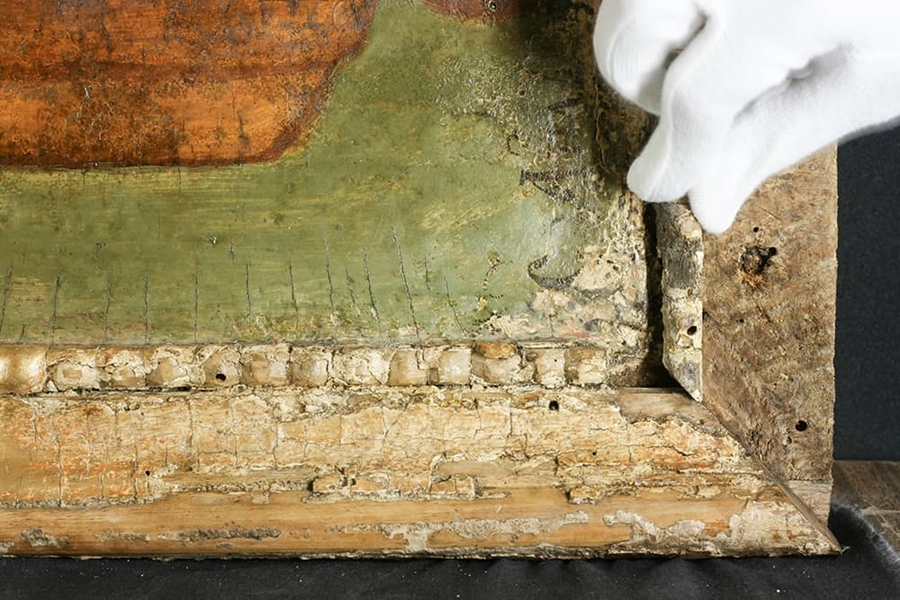
Beginning this month, the Honors College Supper Club will offer honors students an opportunity to explore established and emerging disciplines with experts in the field. The dinner series will launch with Artworks, to take place from 5:30-7 p.m. on Wednesday, Oct. 13, in the Honors Student Lounge (room 130, Gearhart Hall).
Dinner will be hosted by Honors College Dean Lynda Coon, and School of Art faculty will be on hand to answer questions and spark conversation. Honors students may sign up by filling out this online interest form; participation is limited to 15 students.
"This is the first of a series aimed at showcasing the interdisciplinary nature of fields in each college," Coon said. "For example, a student headed to medical school may not realize the potential of adding a minor or major in art history to their dossier."
Museums? Yes, But There's More!
The field of art history studies all forms of artworks (be it paintings, sculptures, photographs, buildings, performance art or installation art), as well as the wider range of visual culture (advertising art, graphic design, posters and digital images). It looks at art from all periods, across all cultures, from a wide variety of perspectives. That makes art history the ultimate interdisciplinary field.
Art historians can study how African artists incorporate imagery from mythology or how contemporary artists leverage art to advance their political agendas. They can team up with engineers to figure out why some Gothic cathedral vaults fell, examine connections between 19th-century American art and literature, study early modern scientific illustrations of insects and flowers, track the prices of Dutch 17th-century paintings or follow the court cases of the indigenous people of 16th-century Mexico whose painted maps were used in legal claims for land ownership.
Majoring or minoring in art history can complement many majors and prepare you for jobs in galleries, museums, arts organizations and teaching. It's also a great choice for anyone interested in travel or study abroad, and for those needing strong observation skills—which is why art history is now taught in some med schools and in police academies.
The Honors College Supper Club series is still in the planning stages, but fields and topics currently under consideration include horticulture, cybersecurity, start-ups, food science, sustainability, public health, archival studies and music.
Topics
Contacts
Lynn Jacobs, Distinguished Professor
School of Art
479-575-5202, ljacobs@uark.edu
Kendall Curlee, director of communications
Honors College
479-575-2024, kcurlee@uark.edu